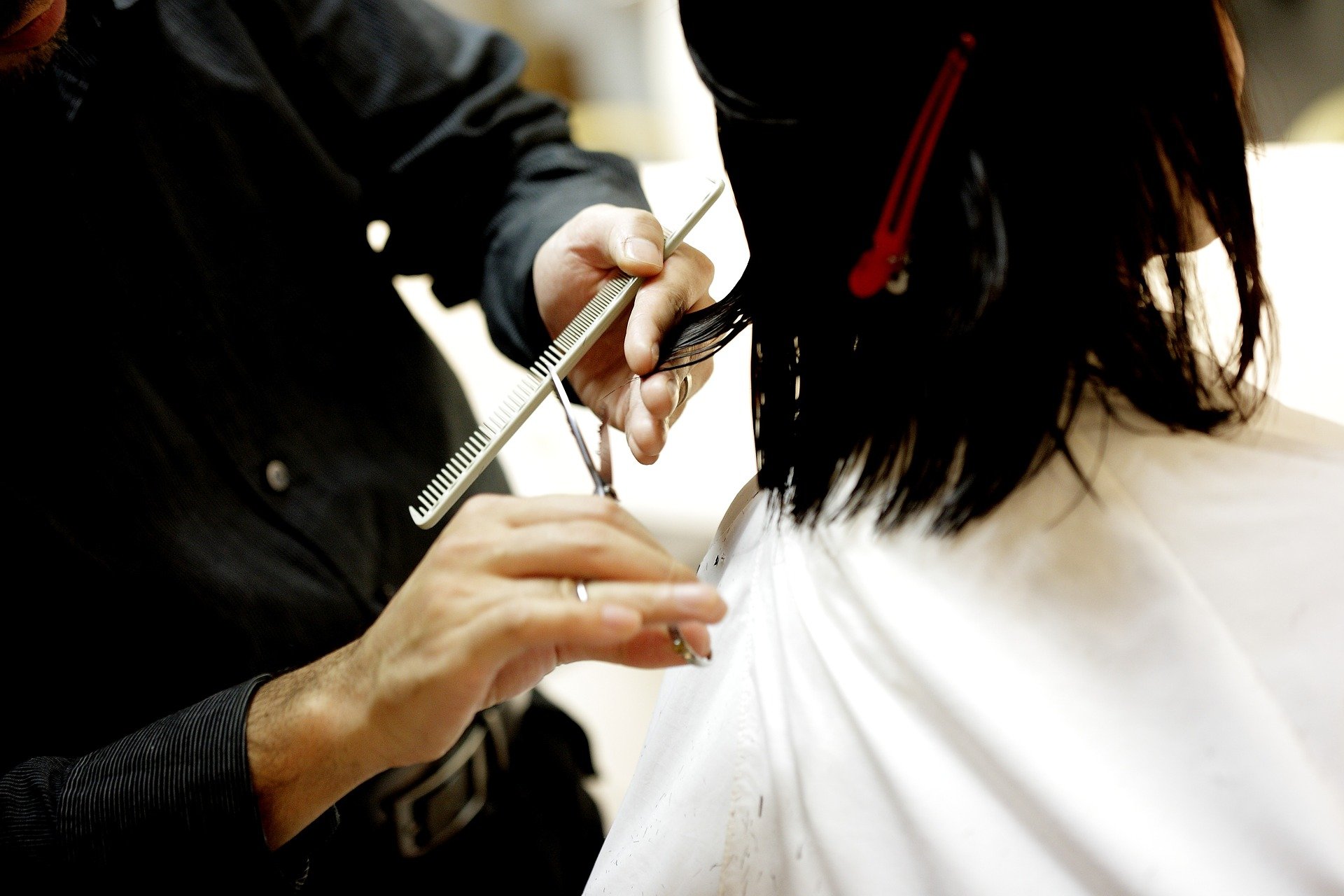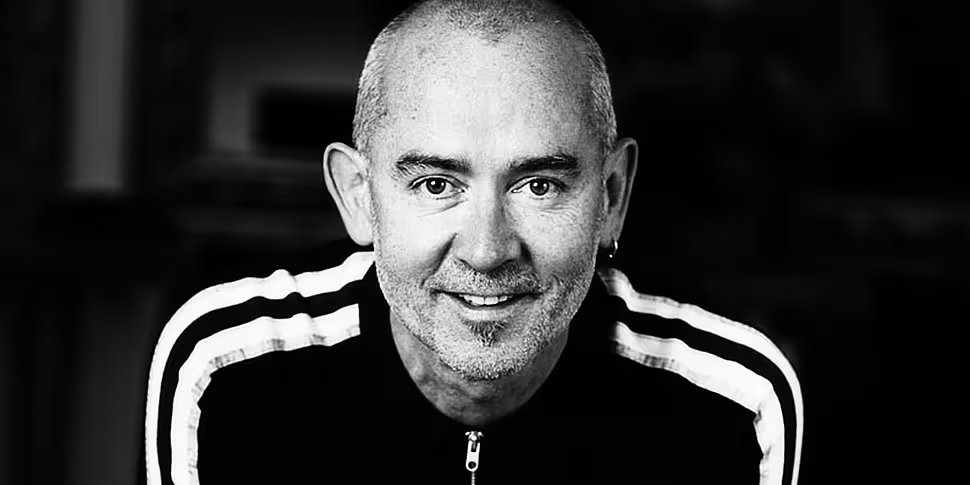A Limerick-based hair specialist has been fitting hair pieces for women through Zoom during the pandemic.
Cyril Morgan is based in Limerick city and has been in the business for some 30 years - and doing wigs for more than 20 years.
He told Lunchtime Live he considers what he does as an essential service.
He said while his shop is closed, he is accessible at all times.
"I've done some hair fittings though Zoom or through WhatsApp or through FaceTime.
"I've actually sent the piece out, I've customised it [and] sent it out - and in some cases I've had it where the spouse or a member of the family had to shave the person's head."
"It's just to talk them through it, pop on the piece".
"In the previous lockdowns, the client came back into me and I just had to personilse them a little bit more".
 Image by kaleido-dp from Pixabay
Image by kaleido-dp from PixabayHe was speaking after Enda Waters, a mother of four, spoke about her frustration over a lack of services for women.
She is currently living with breast cancer and was due to undergo surgery, but this was partially curtailed because of COVID-19.
However as she told Lunchtime Live, another issue is her hair.
"I know I'm going to lose my hair and... I can't get a hairdresser to even make my hair shorter than it is.
"It is what it is at the moment, but it would be very nice if they could address a couple of issues for women.".
"I would consider breast cancer support an essential service, and anything that you need in relation to prosthesis, wigs, head-bands."
"Imagine trying to buy a wig online? Surely you'd have to put it on your head and see if it's going to fit, or it looks right."
Cyril said what he does is not just a career.
"A big part of what I do is hair replacement for both medical and also alopecia - it's a very passionate side of what I do".
"I invest a lot of time and energy keeping up to speed with all the different ways for hair placement - everything from wigs to hair pieces, to extensions to non-surgical hair pieces, or hair transplants as we call them".
He said this type of hair replacement has to be done "in a caring and loving way".
"It's something you just don't get into for the sake of doing it, it's something that you've got to have passion and dedication to".
'Hairache'
But he said there is a lot more to this than just a single visit.
"They come in - virtually it's a train wreck - their lives, they don't know what's going to happen.
"Both them and their families, their spouses, their siblings, they've no idea what's facing them.
"Through my years of doing it I know - for example - if you start your chemotherapy this week I can tell you when your hair's going to fall out, what to expect.
"I call it 'hairache' - you know when your hair's going to start falling out because your scalp will become really tender".
 In this photo illustration a Zoom Video Communications, Inc logo is seen displayed on a smartphone screen. Picture by: SOPA Images/SIPA USA/PA Images
In this photo illustration a Zoom Video Communications, Inc logo is seen displayed on a smartphone screen. Picture by: SOPA Images/SIPA USA/PA Images"That's an indication that the hair's going to start coming away in the not too distant future.
"As I say, it's a train wreck that you want to kind of turn the [frown] upside down, you want to try and make it the most positive way.
"For me, the best satisfaction I get is if somebody comes in really frightened... really upset and [then] going out with a smile.
"To me there's no satisfaction like it".
He said he "very much so" regards it as an essential service.
"You just want to keep things looking as normal for them - some people are very private about cancer and they don't want to let other people know about it, they want to deal with it in their own way.
"The hair obviously is a beacon".
Meanwhile salon operator Dylan Bradshaw has said he does not expect hairdressers to re-open until at least mid-April.
He earlier told Newstalk Breakfast: "We’re talking about mid-April, if we’re lucky, to get re-open… we closed in late March last year, and we’ve been open four-and-a-half months over that period.
"We have outstanding bills, and we run a large operation ourselves.
"Let’s call it out honestly: the reason why the numbers blew up is because people were mixing socially… it wasn’t because hair salons and businesses didn’t take responsibility for what they were doing."









